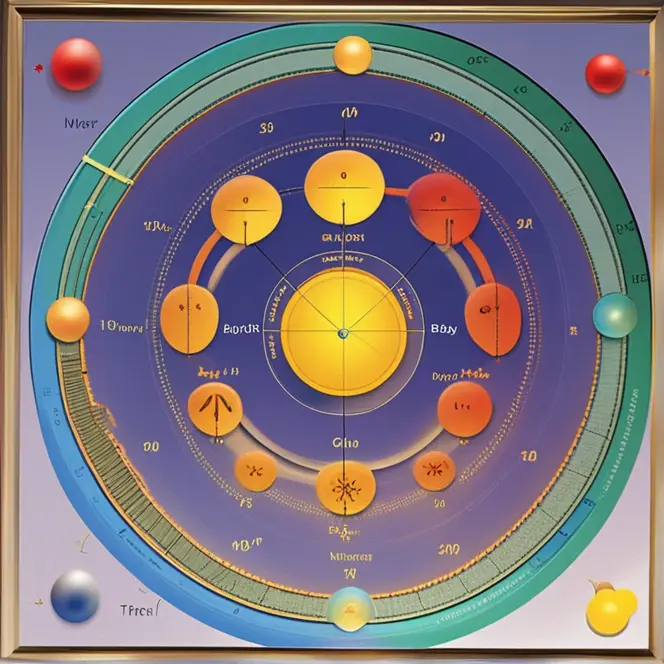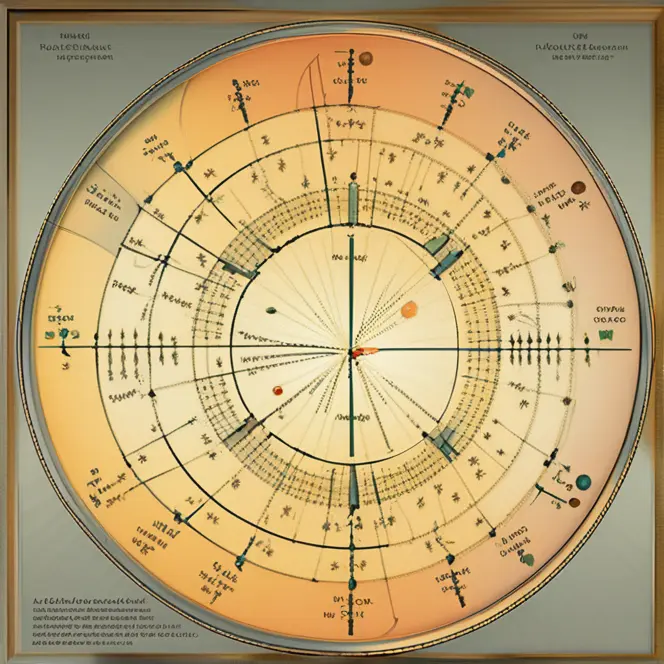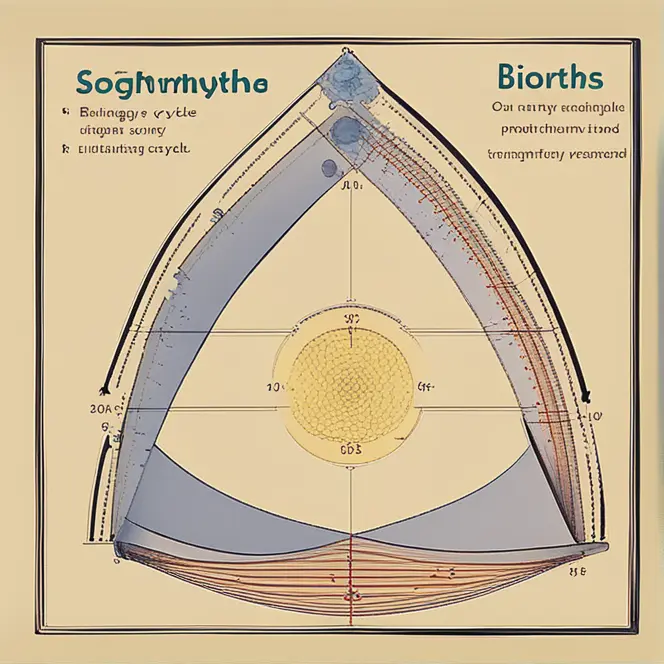
Biorhythms: Your Body’s Natural Cycles
Explore the fascinating world of biorhythms to understand your body's natural rhythms in energy, emotions, and intellect.
article by Adrian Wallace
Biorhythms are essentially the idea that our lives are influenced by regular cycles of physical, emotional, and intellectual states. Rooted in a concept that dates back to the 19th century, biorhythms are thought to impact our daily performance and states of well-being. This intriguing concept has caught the attention of those interested in aligning with their body's natural tendencies and harnessing peak performance times throughout their lives.

Central to biorhythm theory are three primary cycles: the physical, emotional, and intellectual. Each cycle has a different duration; the physical cycle is 23 days, the emotional cycle is 28 days, and the intellectual cycle is 33 days. Proponents suggest that by tracking these cycles, individuals can anticipate periods of high performance or vulnerability and adjust their activities and decisions accordingly.
The physical cycle is believed to govern our strength, stamina, and overall physical dynamism. When the physical biorhythm curve is high, we might feel at our peak, bursting with vitality. Conversely, when the curve is low, it might be a time of reduced energy levels and a need for rest and recuperation. Observing this cycle is particularly of interest to athletes and those whose professions require peak physical performance.

The emotional biorhythm cycle is said to influence our feelings, mood, creativity, and sensitivity. At its peak, one might experience heightened emotional awareness and a positive outlook. During the low phase, individuals may find themselves more prone to feeling down or less capable of handling emotional stress. This cycle can be particularly useful for those in relationships or professions that require a high degree of emotional intelligence.
The intellectual cycle is thought to affect our cognitive functions, decision-making, alertness, and logical reasoning. When riding the high of this cycle, mental acuity is believed to be enhanced—making it an ideal time for tasks requiring deep thought and concentration. As the cycle dips, one might struggle with complex problem-solving or learning new concepts.
To utilize biorhythms for making daily life decisions, one must first calculate their personal cycles. Several tools, such as biorhythm calculators and dedicated software, are available to help chart these cycles based on a person's date of birth. However, it's important to note that despite its popularity and the dedicated following biorhythms have, scientific evidence to firmly validate their influence is still lacking.

In biorhythm theory, 'critical days' occur when the cycle crosses the zero line, marking a period of transition and instability. The cycles are independent of each other, meaning that an individual may simultaneously experience high intellectual acuity but low physical energy. By being mindful of these fluctuations, one can strive to align activities with the cycles for optimized performance and well-being.
Published: 12/4/2023
Modified: 12/4/2023
More predictions
Come back here soon to learn more about yourself and your future


Decoding The Magic Of Biorhythms
Biorhythms, a captivating concept, emerged from the belief that our lives are deeply intertwined with rhythmic cycles.


Biorhythms and Birthdays: Intellectual Harmony
The concept of biorhythms suggests that our lives are influenced by natural rhythmic cycles from the moment of our birth. Among these, the intellectual cycle, typically spanning 33 days, plays a crucial role in determining our cognitive abilities, decision-making, and communication skills. This cycle's interplay with our birthday can profoundly impact our relationships, particularly in terms of intellectual compatibility and understanding.


Biorhythms and Birthdays: Emotional Rhythms in Sync
The study of biorhythms presents a captivating way to understand the ebb and flow of our emotional states through the lens of birthday compatibility. Rooted in the idea that our birth date sets the rhythm for various cycles in our lives, the emotional cycle is particularly significant in how we connect and react emotionally. Spanning approximately 28 days, this cycle influences our feelings, moods, and emotional resilience, playing a pivotal role in our interpersonal relationships and how we interact with those around us.